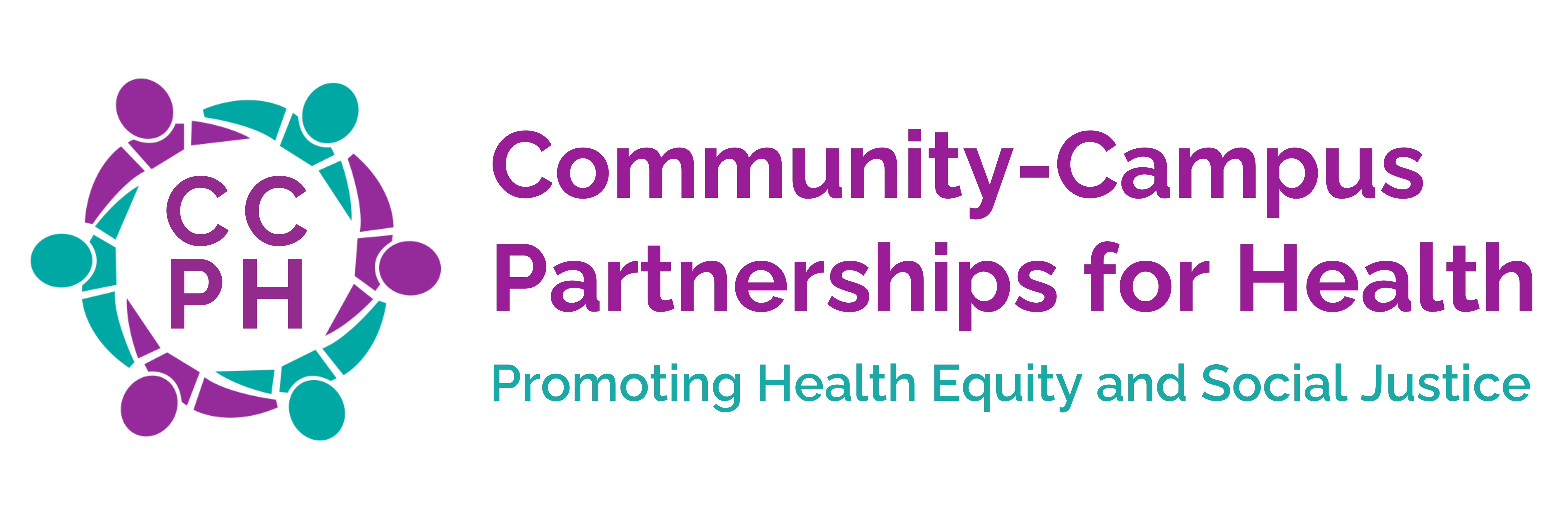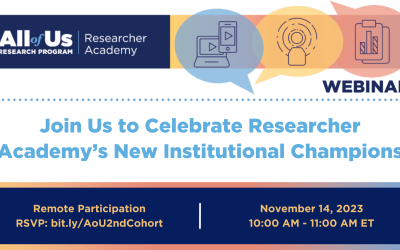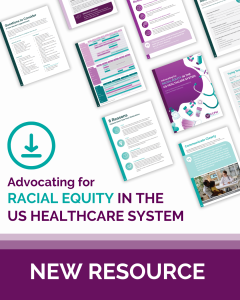
Photo Courtesy of Priya Sarin, Kraft Community Health
The Rapid Acceleration of Diagnostic-Underserved Populations (RADx-UP) Program is a consortium of community-engaged research projects whose aim is to transform COVID-19 research to eliminate health disparities heightened by this pandemic. This nationwide program builds innovative and sustainable solutions to expand testing access and uptake in underserved, vulnerable communities. These community projects are supported by the Coordination and Data Collection Center (CDCC), whose vision is to use a community-centered approach. CDCC serves the community project teams and their community partners through education, training, implementation guidance, and coordination by supporting projects across the country with established community partnerships.

CCPH celebrates two rewarding years of partnership with the Rapid Acceleration of Diagnostics – Underserved Populations (RADx-UP) project. A consortium of over 125 community-based projects focused on expanding access to COVID-19 testing across the U.S., RADx-UP demonstrates how essential community engagement is to researching and addressing health disparities. View the newly-released video to hear from CCPH Executive Director Al Richmond and other RADx-UP leaders about this essential work.
People involved in the program
This program is a partnership with The Duke Clinical Research Institute at Duke University and the Center for Health Equity Research at the University of North Carolina at Chapel Hill. Al Richmond, CCPH Executive Director, serves as the Co-Lead of the Engagement Core. The RADx-UP team consists of a Director of Community Engagement & Capacity, Community Engagement Manager, Community Engagement Coordinators, and consultants to support the four CDCC functional cores.
Research resulting from the program
CCPH supports research projects and initiatives to build robust and sustainable programs that advance COVID-19 testing and ensures that best practices and technical assistance for community engagement research are applied through a health equity and social justice lens.
2020-2021: Year in Review
Community engagement resulting from the program
CCPH’s support of the CDCC is pivotal because its broad reach into communities throughout the United States will help to accomplish a key goal of enhancing the projects’ engagement efforts to expand COVID-19 testing access and uptake in communities of color. CCPH community engagement work is far-reaching and constantly increasing through new partnerships, including the CDCC RADx-UP community projects, their community partners, and new collaborative community grantees.
CCPH’s involvement in the program
CCPH’s involvement in the program supports a community-centered, flexible program infrastructure and a participatory and inclusive community engagement program. Specifically, CCPH provides the following services to support the CDCC:
- capacity-building to RADx-UP projects
- training and technical assistance for community engagement approaches to identify and address barriers to implementation
- serve as a robust knowledge repository
- provide content expertise in the design and implementation of the convenings
RADx-UP Training and Services Menu
Information Dissemination
For additional information, visit the CDCC RADx-UP website: https://radx-up.org
News and Webinars
Join Us to Celebrate Researcher Academy’s New Institutional Champions
Join this webinar—part of the HBCU Road Tour series—to learn about the six new Institutional Champions in the All of Us Researcher Academy. Our featured presenters include Dr. Muhammed Idris, Morehouse School of Medicine, and Dr. Leah Floyd, Shaw University, who will share updates on their work as part of this second group of funded institutions.
HBCU Coalition Member Spotlight: Virginia Hunter
Community-Campus Partnerships for Health, in partnership with RTI International, is utilizing our diverse network and partnerships with college and university affiliates to increase the engagement of Historically Black College and University (HBCU) students, faculty, staff, and researchers in the All of Us Researcher Academy and use of the All of Us Researcher Workbench. We recently sat down for a conversation with our Engagement Strategist, Virginia Hunter, whose work with CCPH helps increase the visibility of the program at HBCUs.
As an alumna of an HBCU with deep roots in the community, Virginia shares her personal connection to HBCUs, her hopes for the All of Us Research Program, and why it’s important. Continue reading to learn more.
All of Us Researcher Academy Course Announcement
October Course Registration Is Open!
Introduction to Python, Pandas, and Jupyter Notebook for Analysis of All of Us Data














